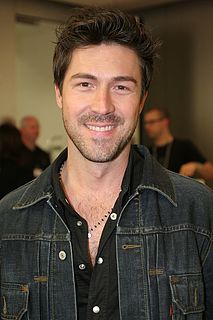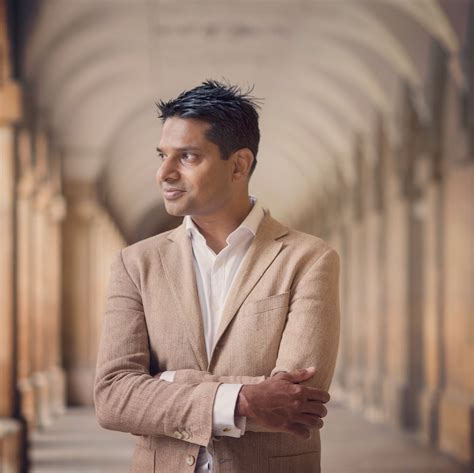A Quote by Elisabeth Kubler-Ross
Those who learned to know death, rather than to fear and fight it, become our teachers about life.
Related Quotes
We fear discovering that we are more than we think we are. More than our parents/children/teachers think we are. We fear that we actually possess the talent that our still, small voice tells us. That we actually have the guts, the perseverance, the capacity. We fear that we truly can steer our ship, plant our flag, reach our Promised Land. We fear this because, if it’s true, then we become estranged from all we know. We pass through a membrane. We become monsters and monstrous.
By 'coming to terms with life' I mean: the reality of death has become a definite part of my life; my life has, so to speak, been extended by death, by my looking death in the eye and accepting it, by accepting destruction as part of life and no longer wasting my energies on fear of death or the refusal to acknowledge its inevitability. It sounds paradoxical: by excluding death from our life we cannot live a full life, and by admitting death into our life we enlarge and enrich it.
But how to know the falsity of death? How can we know there is no death? Until we know that, our fear of death will not go either. Until we know the falsity of death, our lives will remain false. As long as there is fear of death, there cannot be authentic life. As long as we tremble with the fear of death, we cannot summon the capacity to live our lives. One can live only when the shadow of death has disappeared forever. How can a frightened and trembling mind live? And when death seems to be approaching every second, how is it possible to live? How can we live?
The first thing I would like to tell you about death is that there is no bigger lie than death. And yet, death appears to be true. It not only appears to be true but also seems like the cardinal truth of life - it appears as if the whole of life is surrounded by death. Whether we forget about it, or become oblivious to it, everywhere death remains close to us. Death is even closer to us than our own shadow.
Darkness cannot cast out darkness. You need a light for that. Fear cannot cast out fear. You're gonna need hope for that death warrants more death. But I believe life wants more life and I'm convinced that the greatest weapon we've got is LOVE! And maybe, in a world full of fighters, in a world imploding with hate, maybe to be a lover, you gotta be a fighter. Maybe that's the biggest fight, the only fight worth fighting, the fight you're gonna be in for the rest of your life.
But we are not interested in death at all: rather, we escape the facts, we are continuously escaping the facts. Death is there, and every moment we are dying. Death is not something far away, it is here and now: we are dying. But while we are dying we go on being concerned about life. This concern with life, this over concern with life, is just an escape, just a fear. Death is there, deep inside - growing.
The chief problem about death, incidentally, is the fear that there may be no afterlife - a depressing thought, particularly for those who bothered to shave. Also, there is the fear that there is an afterlife but no one will know where it's being held. On the plus side, death is one of the few things that can be done as easily laying down.
The conquest of the fear of death is the recovery of life's joy. One can experience an unconditional affirmation of life only when one has accepted death, not as contrary to life, but as an aspect of life. Life in its becoming is always shedding death, and on the point of death. The conquest of fear yields the courage of life. That is the cardinal initiation of every heroic adventure - fearlessness and achievement.




































